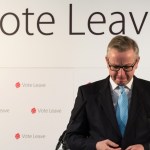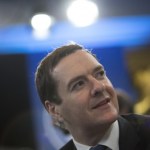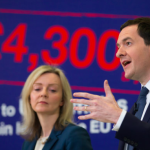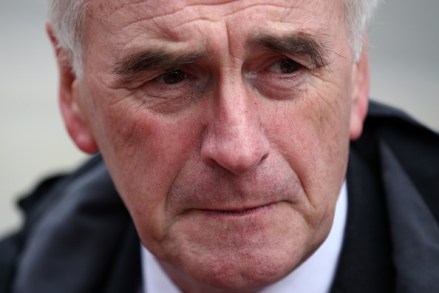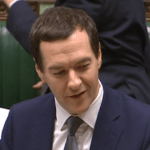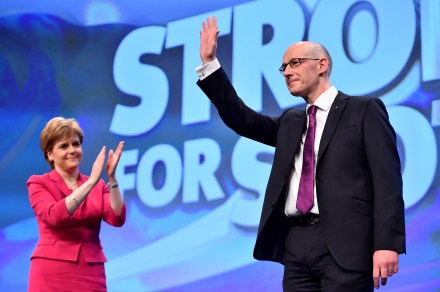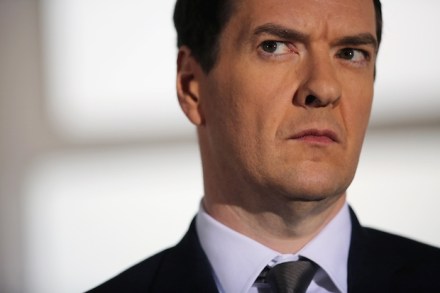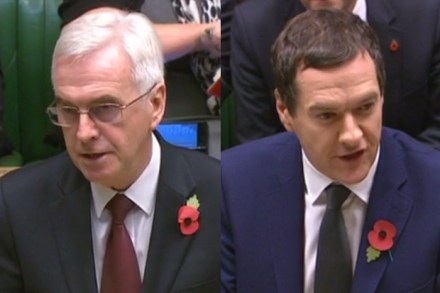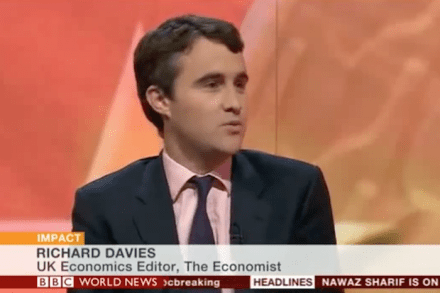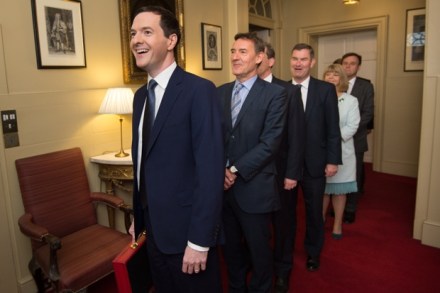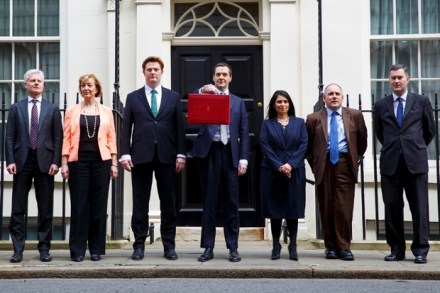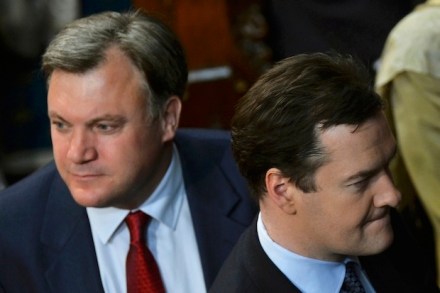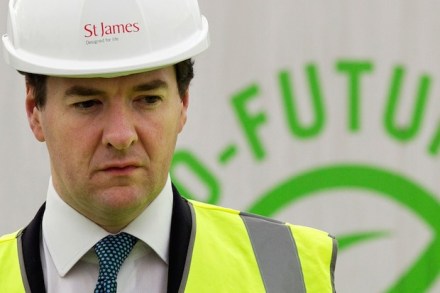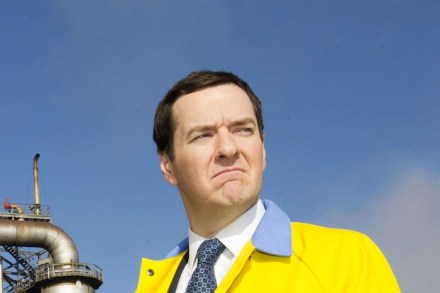The Treasury’s prophecies
The Treasury has announced that an EU exit ‘could leave households £4,300 a year worse off’. Since that only ‘could’ be the case, it could also not be the case, and given the accuracy of the Treasury’s prophecies for one year ahead, let alone 14, one wonders what odds the Treasury would offer on that outcome. The ancients had far better prophets. One was the augur: he took the auspices to determine whether a course of action was wise or not (auis ‘bird’ + spicio ‘I observe’). Marking out an area of the sky, he watched for birds that flew into it. Those flying left to right were propitious, right to


